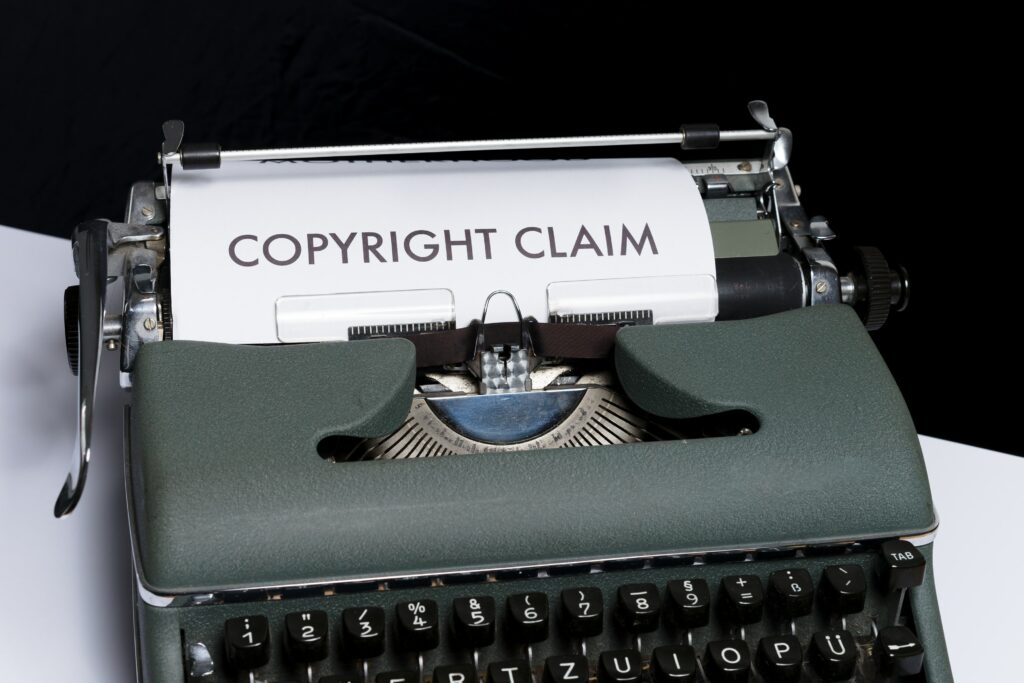
Photo by Markus Winkler
Protecting the intellectual property (IP), such as result of an innovative project is a very important, yet complex issue. The key forms of intellectual property protection are patents, copyrights, trademarks and trade secrets. Nevertheless in case of Industry 4.0 related R&D results, one of the most common to consider is a patent.
Before the start of a patenting process, it is advisable to answer several questions that would help to selecting the best patenting strategy.
Do you really need a patent? Would some combination of other forms of IPR protect your idea adequately?
A patent is not always required to protect the invention. Other forms of intellectual property are available, which can secure your R&D results (more info about other forms of intellectual property protection, you can find here ).
Have you studied the total cost of patenting (which should include annual renewal fees in every country in which you have protection)? Is your invention likely to earn enough income to justify the cost?
Normally, you should not apply for a patent until you have thoroughly researched the commercial and financial potential of your idea.
Is the time right to apply for a patent? Do you apply for a patent early on, or wait until the invention is market-ready and more capable of quickly recouping its IPR costs?
Application starts a sequence of events which cannot be delayed. Later may be better than sooner, but circumstances will vary so you should always seek the advice of a patent attorney.
Does your invention have a short product life cycle?
The patenting process typically takes 3-4 years. If your invention is aimed at a highly competitive market in which products are rapidly replaced or improved, your patent may be worth little by the time it is granted.
Who will pay to enforce your patent?
National IP offices do not enforce patents or monitor them for infringement. These are the responsibilities of the patent owner or a licensee. Until funds are potentially available to enforce your patent – from royalties or sales income – it may offer limited practical protection.
How strongly might your patent resist legal challenge?
You will definitely need a patent attorney’s advice on the strength of your claims. This is important because the validity of patent claims is often challenged, usually by competitors who want to copy a successful product. If they succeed, you may be left with a valueless patent and an order to pay the victor’s legal costs.
It is worth to get familiar with resources developed by the European Patent Office to examine in details the patenting process:
- The patenting process
- How to apply for a European patent
- European Patent Guide – How to get a European patent
Prepared by Faculty of Management, University of Lodz, PL


